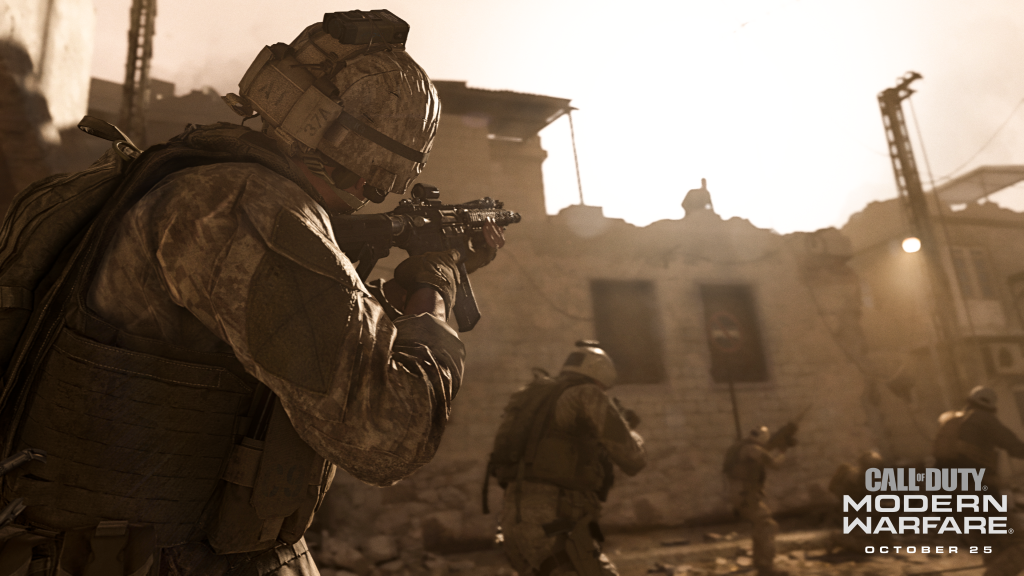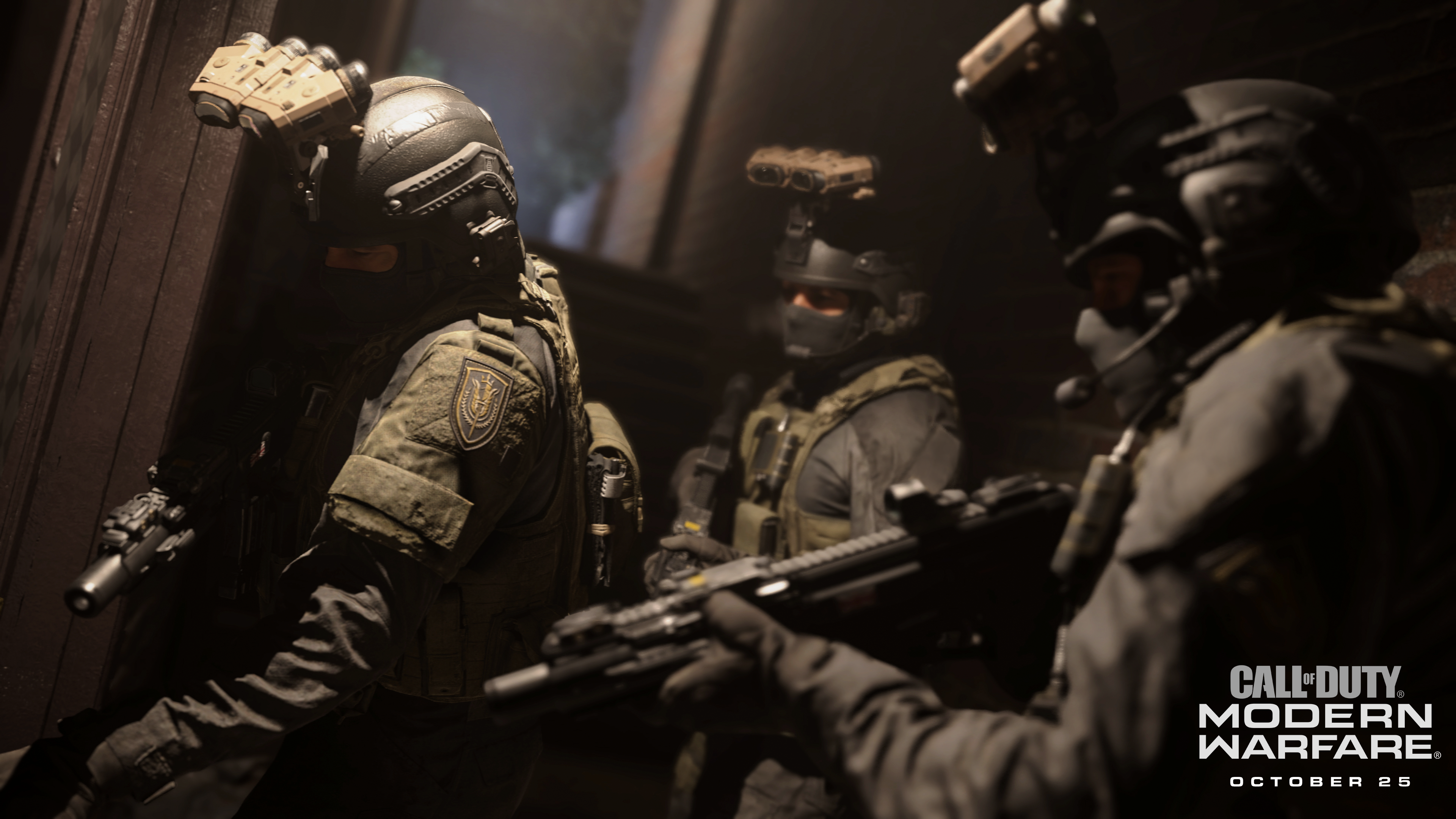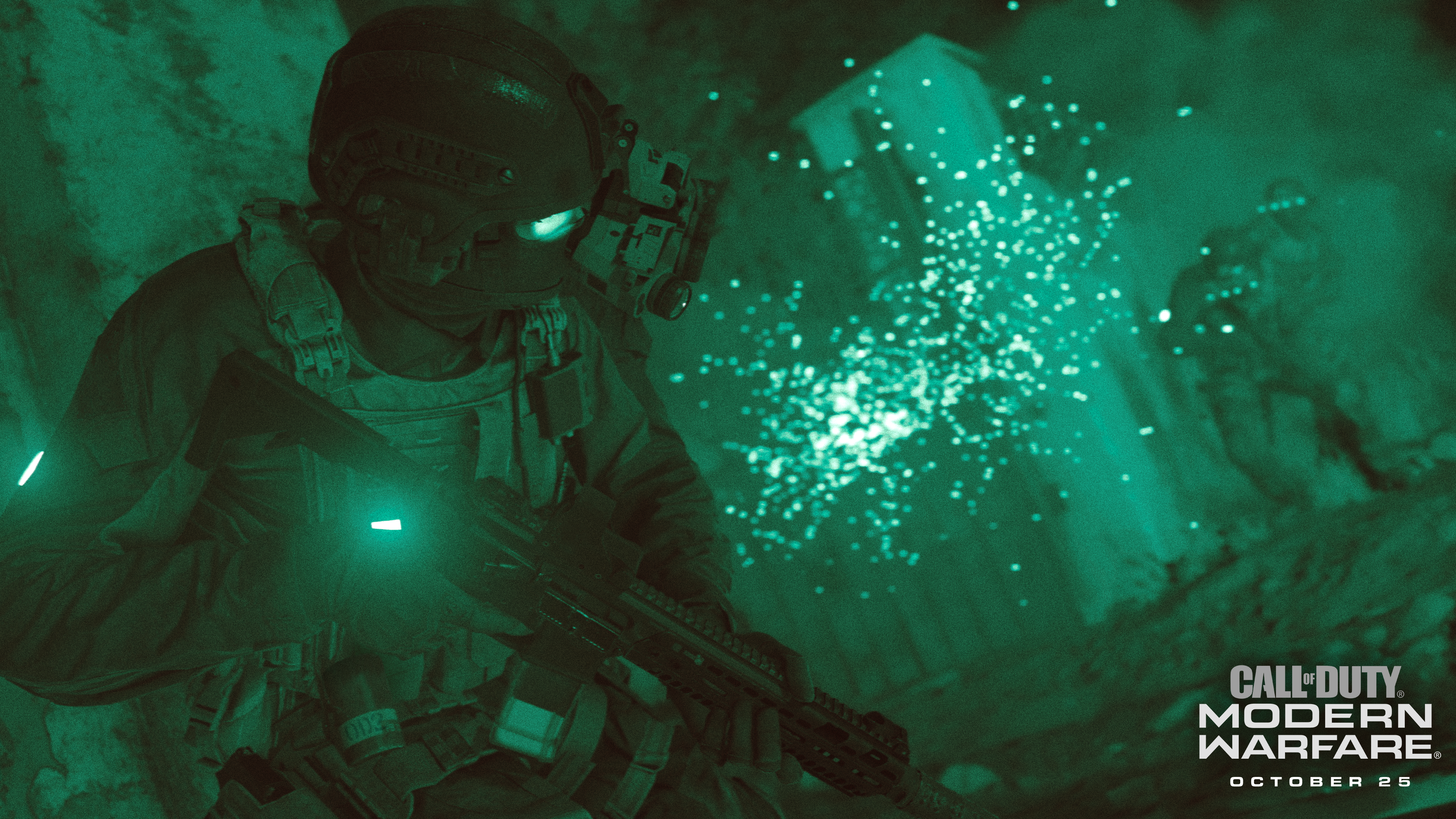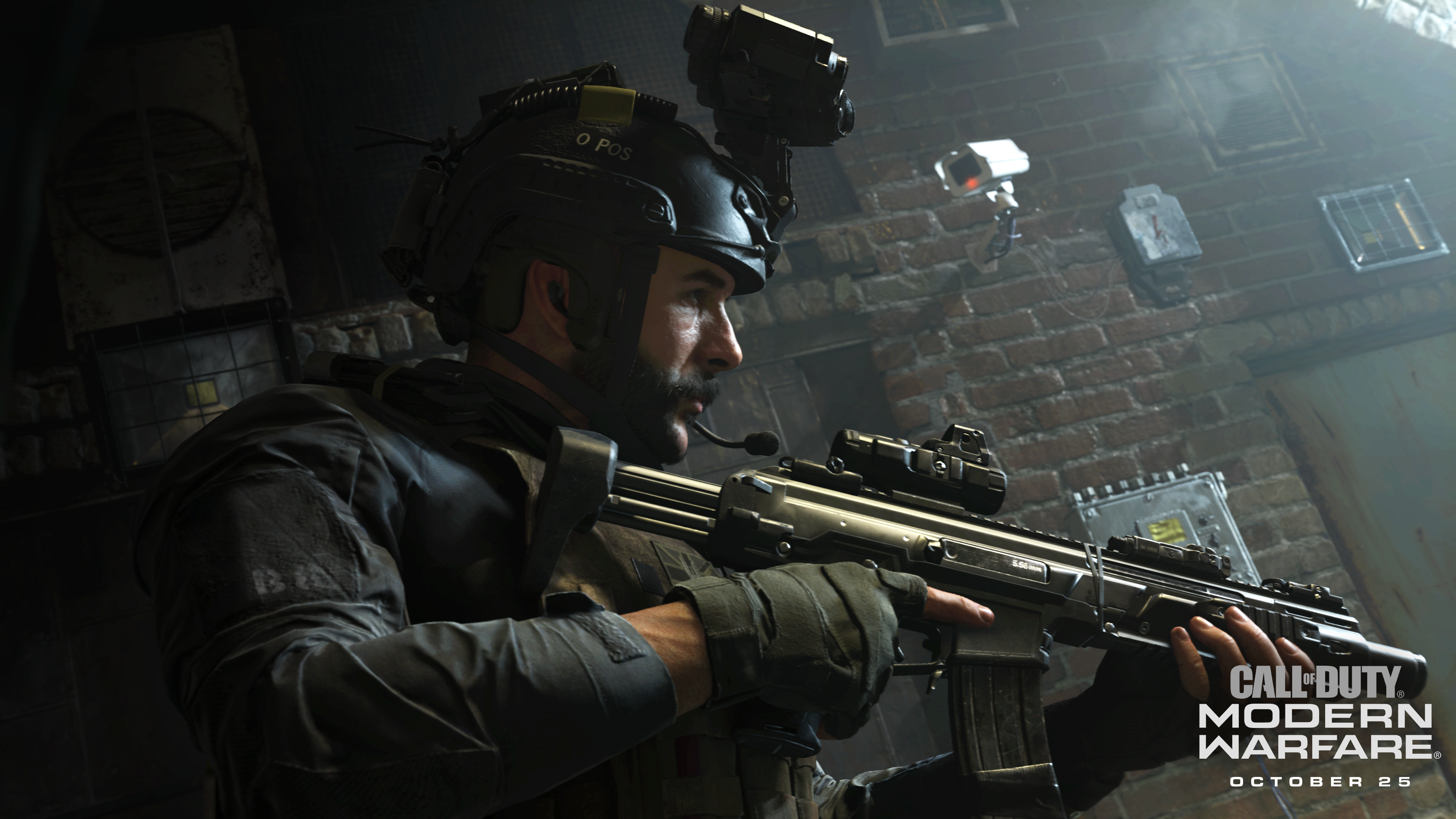To get this out of the way, I believe that, unequivocally yes, video games can tackle tough subjects in a very tasteful manner. In fact, it’s sometimes one of the best mediums to uniquely cover difficult topics and communicate them in an empathetic way to the player. Indie titles have been doing it for years—small games made by small teams with a specific message rather than sales as the goal. Creative passionate individuals who just had a pure vision and had to get it out there, games as the medium. We’ve got some fantastic titles like RiME, What Remains of Edith Finch, Journey, and countless others that take on powerful and difficult subjects in ways that meaningfully deliver a message to the player.
No, my question is about big games that deal with those tough topics. Games by massive studios and publishers meant to sell millions and please investors. Can those games take on difficult topics in a way that justifies their inclusion as a means to the message? The game making me ask this question is Call of Duty: Modern Warfare, but it’s by no means the only massive game that begs the question of just how much big games can touch on sensitive topics.
With Modern Warfare, the developers are aiming for ultra realism. Infinity Ward wants to present players with the uncomfortable realities of war in a way that games have never done before. It’s looking for inspiration from the “No Russian” mission from an earlier Modern Warfare, in which the player was undercover as part of a terrorist cell and needed to participate in a mass shooting of civilians at an airport in order to gain their trust. In the end, the agent is caught and killed anyway, rendering the whole operation (and the deaths of the civilians at the hands of the player and terrorists) worthless.
Of course on the other side of the experience, players are expected to hop into multiplayer and gun each other down on repeat, with a community that can be a little, shall we say, “less than sensitive” in chat. Kill, die, repeat. Many of these players don’t respect the brutal and harsh realities of war. They only want to 360 no-scope headshot while some resort to calling their friends and opponents racist epithets. It’s about “winning” and “losing” a “game.” No player has ever sat down after a Call of Duty multiplayer match to contemplate the deeper a terrible nature of war. To them, war is simple a game where they can land insane headshot kills and scream about lag when they get outplayed.
Meaning and Depth Behind ‘Games?’
In a piece I wrote a few years ago, I posited that the worst thing to ever happen to video games was for them to be called “games.” It implies some kind of sense of fun and childishness. It implies that they aren’t serious or deep or meaningful. And then we have Infinity Ward trying to make a Call of Duty that explores the harsh realities of war and delivers a deep and powerful message and experience to the player. When I think of the word “game,” that’s usually not what comes to mind.
Those of us in the industry and who interact with games every day have been conditioned otherwise. “Games” is just a word to describe these things we play (ah, “play,” another word that tends to be at odds with games that want to evoke a deeper message). But that’s not so for people on the outside. In fact, when I educate people who aren’t familiar with video games on what games can actually be, they seem genuinely surprised. To them, the words “game” and “play” have connotations that don’t extend to the same kinds of meaningful messages you can see communicated via other media.
But I digress. Can a AAA developer both make a game with a deep and meaningful message while appealing to investors, trying to sell loads of copies, and creating an experience that players want to play on repeat. Can Call of Duty both take on the tough realities of war while also espousing a multiplayer component that fundamentally makes light of something so incredibly serious? Not to mention the entire esports component that has celebrity players competing for huge monetary prizes, turning war into both a game and a sport.
The answer is a tough one to pry apart. One the one side, you have the creative development team that I truly believe wants nothing more than to simply create. They want to make the best game they possibly can. They want to speak to people emotionally and have their game be memorable. They want to deliver a specific message and experience to players. Mixed in with that, you have a publisher who answers to investors and is responsible for getting that game to sell copies. As long as copies are moving and players are still playing years later, they’ve accomplished their goal.
In a case like God of War, I think these two things can mix, very effectively. Sony allowed Cory Barlog and the team at Sony Santa Monica the creative freedom to touch on difficult subjects like death, parenting, and journeys of personal growth. It was a powerful experience that is unforgettable, perhaps going down as one of the most legendary games of all time.
Can One Call Call of Duty ‘Tasteful?’
If one can’t call Call of Duty tasteful, then you have to start questioning every war movie ever made. I personally think that the campaigns are typically well done (when they have them), and again, games are a powerful interactive medium to be able to communicate a certain message. That said, I’ve also never experienced war, and I know for a fact that some veterans have a different view on what Call of Duty does. I massively respect their comments on how a game like Call of Duty can never, ever truly capture the horrors of war, because at the end of the day it will always just be a game. A game about something that is more horrifying than anyone who hasn’t lived it can know.
I do think it’s important that people get a deeper realization of what war is from multiple viewpoints close to the heart of the conflict, and from what I’ve seen so far of Modern Warfare, it’s definitely pushing that. If it gets people thinking, gets them talking and looking at war in a different way from the safety of their suburban homes, then maybe it’s accomplished its purpose, even if it can’t every really capture what it means to actually be embroiled right in that conflict and have to live with those horrors firsthand every day. Then comes the multiplayer.
Again, this is the part that really brings down the house of cards. Call of Duty in name is probably first and foremost known for that multiplayer. Competition between teams using the stage of wars both real and fake to give players a game to play. There are plenty of players who never even touch the campaign, a big reason behind Treyarch abandoning single player for Black Ops 4. But Call of Duty’s individual series—such as Modern Warfare, Black Ops, or WWII—are better recognized for individual campaign moments and story beats that stick out. In fact, I’d have to say that the Modern Warfare and Black Ops series of games are both well known for their narratives that they enjoy, a big part of why this year’s Call of Duty reveal focused solely on the campaign reprisal and not multiplayer. Infinity Ward knows the multiplayer players will be on board year after year, but it wants to attract a different audience with a focus on a new, dark, and intensely gritty campaign.
Infinity Ward has also made its intentions clear about carrying a narrative and player progression across the campaign and multiplayer modes, making the entire Modern Warfare feel like a unified experience, which again begs the question: Can a game so focused on its multiplayer aspect treat sensitive subjects with a tasteful brush? Even if the campaign alone is done perfectly and tastefully in a thoughtful manner, does inherently having a competitive multiplayer “game” make light of the very theater of war that sets the stage for that gameplay?
And then there’s the question of who handles the responsibility of that. Are the creators to blame, who pour heart and soul into the campaign and seek to deliver a deep and meaningful message to audiences despite the stereotype of Call of Duty as a “dudebro shooter?” Or do we lay that burden on the heads of players that so casually and flippantly use play Call of Duty as a game and a sport (and that’s not even getting into how toxic online communities for games like this can be). Or is it both? Players needing to open up to the depth and sensitivity of the subjects, but developers needing to take stock of their audience and how their games are publicly perceived. It’s a hard line to draw and a debate that I don’t ever think will reach a satisfying conclusion for either side, though I do tip the scales onto the developers and say that they need to approach sensitive subjects carefully, especially when a brand name’s reputation is already well known.
Video games absolutely can and do cover sensitive and tough subjects in a tasteful manner, but there are plenty of times when they don’t. It’s also going to vary user to user. While I may think a game like Layers of Fear 2 has an excellent take on the struggles of gender identity, maybe someone actually going through that thinks that the game is insensitive and can never truly match what they go through. Similarly, I may be impressed with Modern Warfare and the message it’s trying to convey to me, but a veteran who’s been through hell will probably look at it and find a game that can never touch the true horrific realities of war (and the aftermath that one must live with). Is either right or wrong? Is it okay to take one person’s horror and make it another person’s playground? I think we’re far too deep in media and entertainment to take that completely away, but it’s a dialog worth opening so that we can all feel like sensitive subjects are being treated with care and respect and not handled hamfistedly for the sake of making a buck.
Daily Reaction reacts daily to the video game industry. Have suggestions for the column or subjects you’d like us to react to? Let me know in the comments below and be sure to check out previous Daily Reactions for more dives beyond the headlines.








